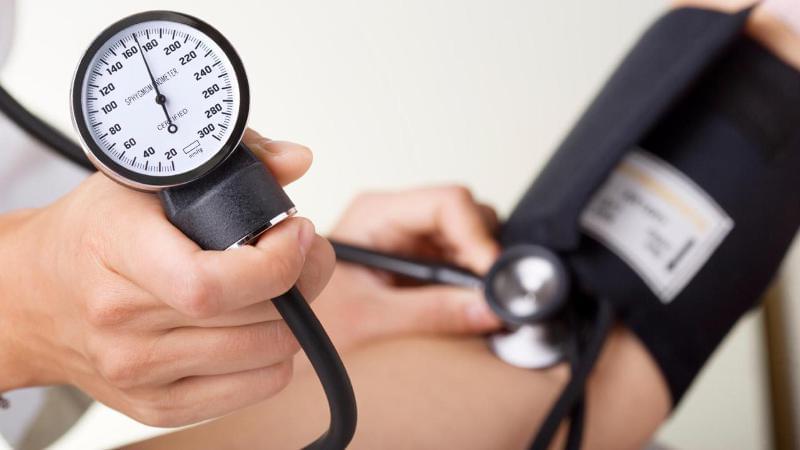
Hypertension: Management, Treatment, and Important Considerations
Hypertension affects nearly half of the adult population and has become a highly manageable disease with effective monitoring and treatment options. If non-medication treatments fail, a sufficient range of medications is available.
Advancements in Hypertension Awareness and Treatment
In the past, the "rule of halves" was commonly cited, stating that:
-
Only half of hypertensive patients were diagnosed.
-
Only half of those diagnosed received treatment.
-
Only half of treated patients achieved successful blood pressure control.
Today, due to public health campaigns and media influence, hypertension awareness has significantly increased. Consequently, conditions like hypertensive heart failure, stroke, and brain hemorrhage have become less frequent than before.
Challenges in Hypertension Treatment
Despite advances, some challenges persist, primarily patient non-compliance with medication.
Each medication has potential side effects, making the physician’s expertise crucial in selecting the right treatment.
-
Medication choice should be tailored to each patient's specific health conditions.
-
Patients should avoid using medications prescribed to their relatives or neighbors.
Medication Timing and Consistency
Most hypertension medications remain effective for 24 hours, meaning the exact time of consumption is less critical. However, considering circadian rhythms, taking medication immediately after waking up may be optimal.
Recommended approach: Patients should keep their medications and a glass of water by their bedside for immediate morning intake.
It is incorrect to decide whether to take medication based on home blood pressure readings.
-
Hypertension medications should be taken daily at the same time and dosage.
-
Taking a pill only when symptoms appear (self-medicating) is extremely dangerous.
Multiple Medications and Fixed-Dose Combinations
Patients can safely take multiple hypertension medications simultaneously.
-
Resistance to multiple medications has led to the development of combination pills containing two or three different drugs.
Medication Adjustments and Discontinuation Risks
Frequent and unnecessary changes in hypertension treatment can affect treatment success.
-
Medication efficacy should be assessed after at least three weeks before adjusting doses or adding a new drug.
-
Full medication effectiveness may take up to two months.
Sudden discontinuation of hypertension medications can cause serious complications such as:
-
Stroke,
-
Heart attack,
-
Brain hemorrhage.
This phenomenon, known as "rebound effect," occurs when a sudden withdrawal of medication causes a spike in blood pressure.
-
Medications should be tapered off gradually over at least 10 days.
Emergency Situations and Home Monitoring
Patients should avoid rushing to the emergency room due to high home blood pressure readings unless symptoms are present.
-
Rapid blood pressure reduction is unnecessary for asymptomatic patients.
-
Emergency treatment should focus on patient symptoms, not just blood pressure readings.
Sublingual medications (e.g., captopril) are often misused and should be avoided.
-
Nifedipine (formerly used sublingually) has been discontinued due to harmful effects.
Long-Term Management and Follow-Up
Since hypertension requires lifelong management,
-
Patients should be educated about potential organ damage to improve treatment adherence.
-
Regular cardiology check-ups should be scheduled every six months once blood pressure is stabilized.

